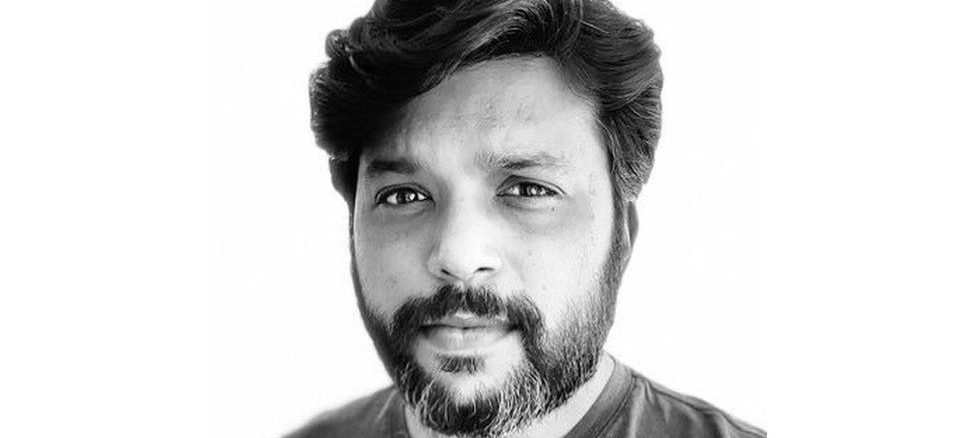
Danish Siddiqui: Slain India journalist's parents take Taliban to court
Danish Siddiqui was the chief photographer of Reuters in India.
The parents of Pulitzer Prize-winning Indian photojournalist Danish Siddiqui are seeking legal action against the Taliban over their son's death.
The 38-year-old Reuters journalist was killed last year after a Taliban ambush while reporting in Afghanistan.
His parents have moved the International Criminal Court (ICC) against six Taliban leaders.
They allege that the the Taliban took him into custody, tortured and killed him before mutilating his body.
"Danish, our loving son, was murdered by the Taliban for simply carrying out his journalistic duties," his mother, Shahida Akhtar, said in a statement.
Initial reports suggested that Siddiqui was killed in crossfire during the attack on 16 July in Kandahar's Spin Boldak. But Reuters later reported that he was alive and taken to a mosque nearby for treatment. It remains unclear what happened after.
Indian officials and Afghan security officials also told Reuters that Siddiqui's body was mutilated in Taliban custody after his death.
Other reports at the time quoted Afghan and Indian officials who said Siddiqui's body was severely mutilated by the time it was handed to the Red Cross – although initial photos from the scene showed that it wounded but intact.
The Taliban however denied this and said the body was mutilated by the time they had found it.
But his parents refute the Taliban's account.
"The Taliban targeted and killed Danish because he was a journalist and an Indian. That is an international crime," their lawyer, Avi Singh, said.
"After his killing, his body was mutilated including being run over by a heavy vehicle. His body revealed marks of brutal torture and 12 bullet entry and exit points," the statement released by his parents said.
Based out of Mumbai, Siddiqui worked with Reuters for more than a decade, where his photographs won him global praise and recognition -the most recent example being his photos of mass funerals held at the peak of India's devastating second wave.
In 2018, he won the Pulitzer Prize in feature photography. He won it alongside colleague Adnan Abidi and five others for their work documenting the violence faced by Myanmar's minority Rohingya community.
In July 2021, he was in Afghanistan covering clashes in the Kandahar region as the US and its allies were withdrawing troops ahead of a September 11 deadline set by US President Joe Biden.

Be the first to comment